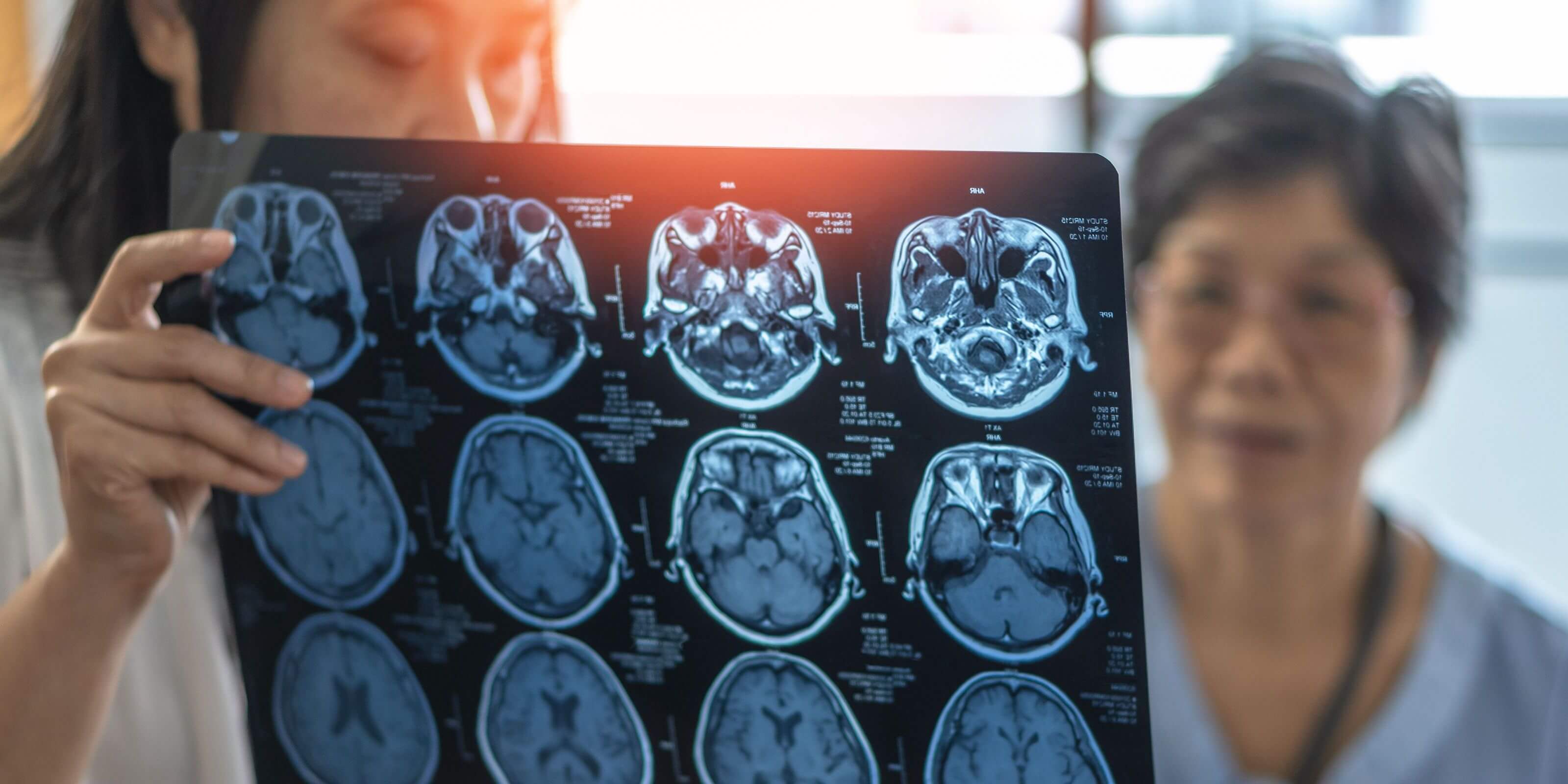October 8th, 2024 | 3 min. read
October 8th, 2024 | 3 min. read

Have you noticed a loved one becoming increasingly forgetful or confused?
As a physician at PartnerMD, I understand how distressing it can be to watch a loved one struggle with forgetfulness, confusion, or difficulty with everyday tasks.
These early signs of Alzheimer’s disease are troubling, and the impact it has on both individuals and their families is profound.
Alzheimer's, a progressive condition, affects millions of people worldwide, and its ripple effects can be felt by everyone close to the affected person.
Alzheimer’s is one of the most common forms of dementia, but it’s important to remember that it’s more than just memory loss.
It’s a condition that touches every part of an individual's life and the lives of those around them — family, friends, and caregivers.
In this article, I’ll help you better understand Alzheimer’s by explaining its causes, symptoms, and the latest treatments. I’ll also share some insights from my experience at PartnerMD on how to manage and understand this challenging disease.
Whether you’re learning about Alzheimer’s for the first time or seeking the latest information, my goal is to provide you with the essential knowledge to navigate this difficult journey.
.jpg?width=778&height=389&name=iStock-1915738426-modified-3d8ec881-34d8-4ee6-aeae-43ea2d285286%20(1).jpg)
Alzheimer’s disease is a neurodegenerative condition characterized by a gradual decline in cognitive abilities.
It’s the leading cause of dementia, accounting for 60-80% of cases.
While dementia is a general term for a decline in mental ability severe enough to interfere with daily life, Alzheimer’s is a specific disease that affects memory, thinking, and behavior. Over time, the symptoms become severe enough to impact everyday tasks and quality of life.
Key statistics:

While the exact cause of Alzheimer’s is still unknown, research suggests it’s likely due to a combination of genetic, environmental, and lifestyle factors.
Genetics & lifestyle factors:
Individuals with a family history of Alzheimer’s may have a higher risk of developing the disease. Other risk factors include:
While you can’t change your age or genetics, adopting a heart-healthy lifestyle may reduce your risk of cognitive decline.
.jpg?width=778&height=389&name=iStock-1811481565-modified-3c2b1d78-07fd-4df5-b798-1bbacb8fdff3%20(1).jpg)
Alzheimer’s typically progresses through several stages, and it’s important to recognize the early signs, as timely intervention can help manage symptoms more effectively.
Early signs of Alzheimer’s:
Progression of the disease:
As Alzheimer’s progresses, symptoms become more severe. Individuals may experience:
Early diagnosis of Alzheimer’s is crucial for managing the disease, even though there is currently no cure.
Diagnostic tools:
Doctors use cognitive tests to evaluate memory, problem-solving, and language skills. Brain imaging, such as MRI or CT scans, can help detect brain changes associated with Alzheimer’s.
At PartnerMD, we also leverage advanced wellness tools, including Wellness University, to offer personalized wellness support for managing cognitive health and lifestyle choices.
Treatment options:
Although there is no cure for Alzheimer’s, medications can help manage symptoms. These include drugs that temporarily improve memory and cognitive function.
Ongoing research is uncovering promising new therapies, including drugs designed to target the underlying causes of the disease and slow its progression.
Recent advances, such as immunotherapy treatments aimed at reducing the buildup of amyloid plaques in the brain, offer hope for future breakthroughs.
At PartnerMD, we stay informed about these developments to provide our patients with the best care possible.
If you or a loved one are experiencing symptoms of memory loss or cognitive decline, the best first step is to talk to your primary care physician.
This is one scenario where the value of having more time and a better relationship with your doctor truly shines. When you can build a long-term relationship and have the time needed for thorough evaluations, your doctor can provide more personalized advice that fits your unique situation.
Early detection and intervention are essential in managing Alzheimer’s, and having a trusted physician who knows you well can make all the difference.
As a board-certified internal medicine physician at PartnerMD in Richmond, VA, Dr. Allen Joslyn is passionate about helping patients make lasting lifestyle changes to their diet and nutrition, physical fitness, and sleep habits. He also emphasizes the importance of mental health as it relates to overall health.